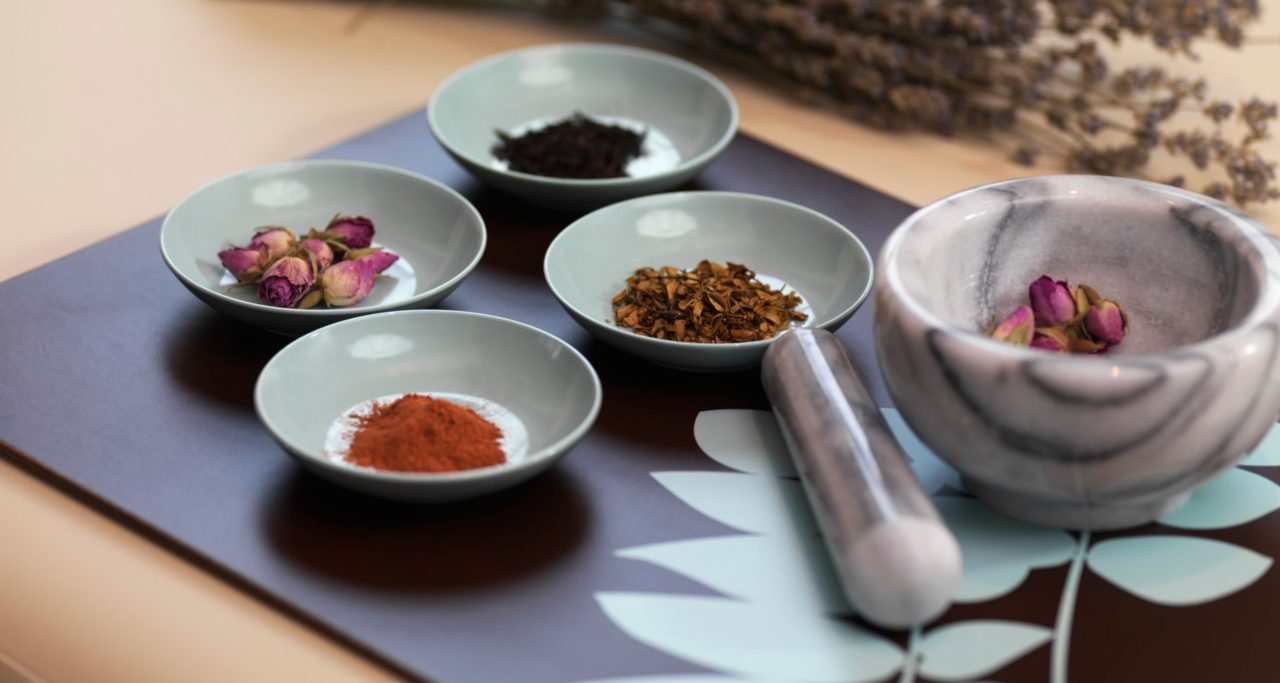First-Aid Remedies in Your Kitchen

Why your medicine chest isn’t the only place to find relief from minor ailments.
When your stomach churns or a bug bite bugs you, the first place you might turn is your medicine chest. Yet the bathroom isn’t the only place to find symptom relief. Many of the items in your kitchen cabinets also ease minor ailments. These food-based first-aid remedies are not only natural, but also money-saving.
Chamomile tea
To soothe an upset stomach, you could pour yourself a couple spoon-fuls of Pepto Bismol. Or, pop a chamomile teabag into a cup of hot water. Chamomile relaxes muscles in the stomach and intestines to relieve gas, diarrhea, and other GI woes. It might also help you sleep better.
Honey
In addition to sweetening your tea, honey has antimicrobial properties that might help with wound healing. Yet experts don’t recommend that you routinely use it to treat cuts and scrapes because honey preparations can differ so widely. A better use is to soothe a sore throat or calm a cough. Research finds honey works even better than over-the-counter cough suppressants, without the side effects.
Salt
This common seasoning has anti-inflammatory properties that could bring down irritation from skin disorders like atopic dermatitis and psoriasis. Soaking in a tub of Epsom or Dead Sea salts can help remove psoriasis scales and relieve itching. A mixture of ½ teaspoon of salt dissolved in 8 ounces of warm water is also a trusted sore throat remedy.
Ginger
Traditional healers have used ginger for more than 2,000 years to calm upset stomachs. Studies suggest it can help with motion sickness, and relieve nausea and vomiting caused by pregnancy or surgery. Just be careful not to take too much. About 1 gram should be enough for most ailments. Pregnant women should take no more than a gram per day.
Peppermint
Peppermint has an antispasmodic effect, relaxing the stomach muscles to help food move more smoothly through your GI tract. That’s good for lower gastrointestinal woes like nausea, diarrhea, and gas. Yet peppermint isn’t recommend for people with gastroesophageal reflux disease because it also relaxes the muscles that allow stomach acids to creep up the esophagus and cause heartburn. When applied to the skin, peppermint has a cooling effect that can relieve itching.
Apple cider vinegar
This versatile ingredient does more than add an acidic burst of flavor to salad dressings and marinades. Some people swear that it can relieve a sore throat, kill the germs that cause bad breath, ease the pain of a jellyfish sting, and cure hiccups. Many of these claims are unproven, but a teaspoon or two probably won’t hurt to try (if you can manage the strong taste).
Baking soda
Got a bug bite and no over-the-counter itch creams on hand? A homemade paste made from baking soda and water should reduce the itching and redness just as well. A half-teaspoon of baking soda mixed into a glass of water will also cut the odor of your garlic- or onion-infused lunch. The same mixture reduces stomach acid to ease indigestion.
Oatmeal
Oatmeal isn’t just for breakfast. It’s also good for your skin – holding in moisture, preventing itchiness, and forming a protective barrier against irritants. That’s why so many dry skin lotions are made with it. You can make your own homemade oatmeal skin preparations, too. Grind it into a powder, add baking soda, and you’ve got a facial scrub, bath soak, or shampoo.
Turmeric
The spice that gives Indian curry dishes their distinctive flavor and color may have antibacterial properties. And, there’s some evidence turmeric can relieve bloating and gas in people with indigestion.
These remedies are fine for minor problems like cuts, scrapes, bug bites, and indigestion. But your kitchen cabinets should never replace your pharmacy or doctor’s office. If any condition persists for more than a few days or gets worse, call your doctor for advice.
Updated:
April 06, 2020
Reviewed By:
Janet O’Dell, RN